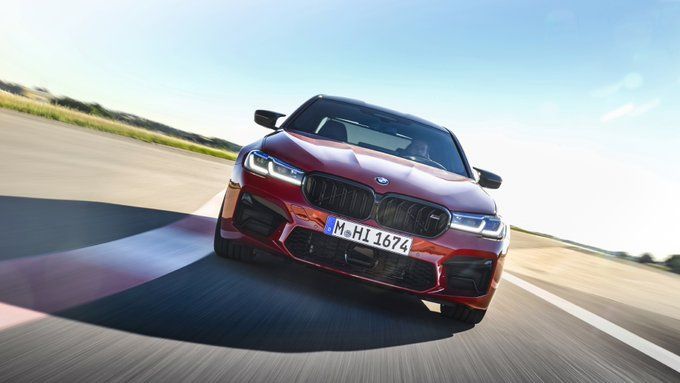German giant BMW on Monday said executive pay would in future be tied to meeting strict targets aimed at lowering the luxury carmaker’s carbon emissions.
Speaking to reporters in Munich, chief executive Oliver Zipse said BMW wanted to reduce CO2 emissions by millions of tonnes a year by 2030 as part of its “very clear commitment” to the Paris climate agreement.
“We will report on our progress every year and measure ourselves against these targets,” Zipse said.
“The compensation of our board of management and executive management will also be tied to this.”
He did not go into details about how the climate goals would affect pay, saying only that they would have a noticeable impact.
Like other carmakers, BMW is under pressure to make its fleet greener in order to comply with tough new EU pollution regulations.
Zipse said the group aimed to sell seven million electric or hybrid vehicles by 2030, up from 500,000 sold by the end of 2019.
The carmaker has no plans however to ditch the traditional combustion engine or gas-guzzling SUVs “so long as there’s a market” for them, Zipse said.
As part of its climate push, Zipse said BMW aimed to make a vehicle’s “entire lifecycle” more environmentally sustainable, from supply chains to production to how the car performs on the road, with the goal of slashing emissions per car “by at least one third” by 2030.
This would be achieved through measures such as using renewable energy at production sites, more recycling, looking at the carbon footprint of suppliers and by offsetting any remaining CO2 emissions.
Turning to the car industry’s coronavirus woes, Zipse said BMW had a “relatively good” month in June as countries emerged from lockdown and showrooms reopened.
But he added that it would be “naive” to think sales would climb back to pre-pandemic levels anytime soon.,”We are going to experience a difficult autumn.”







